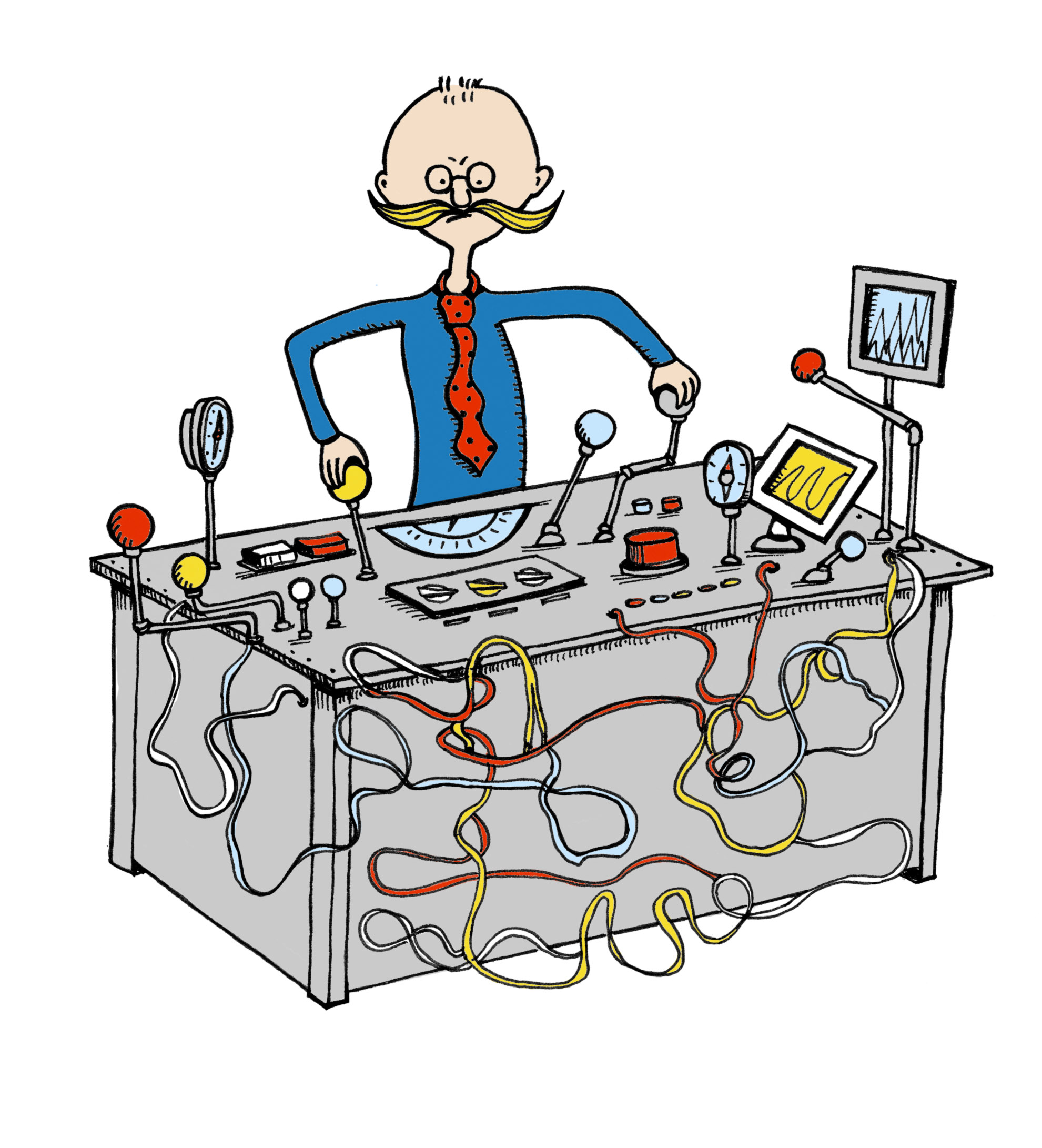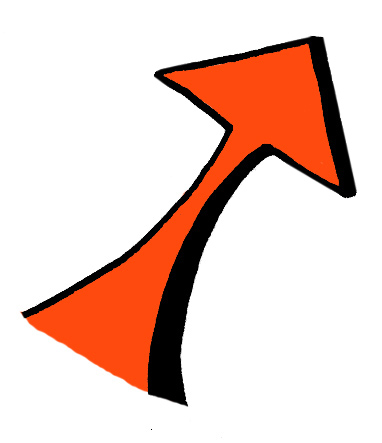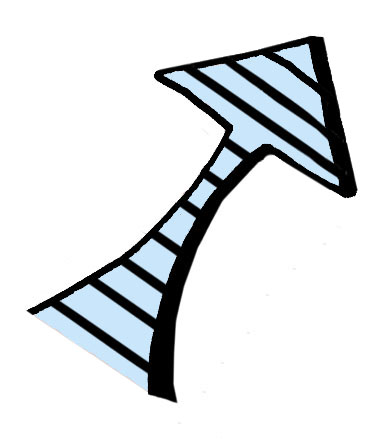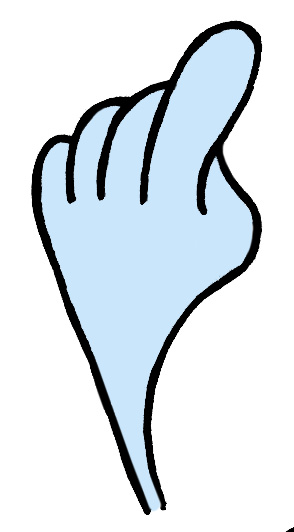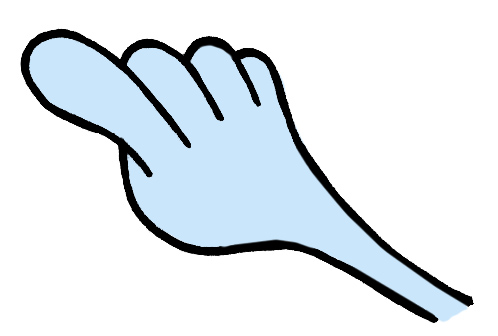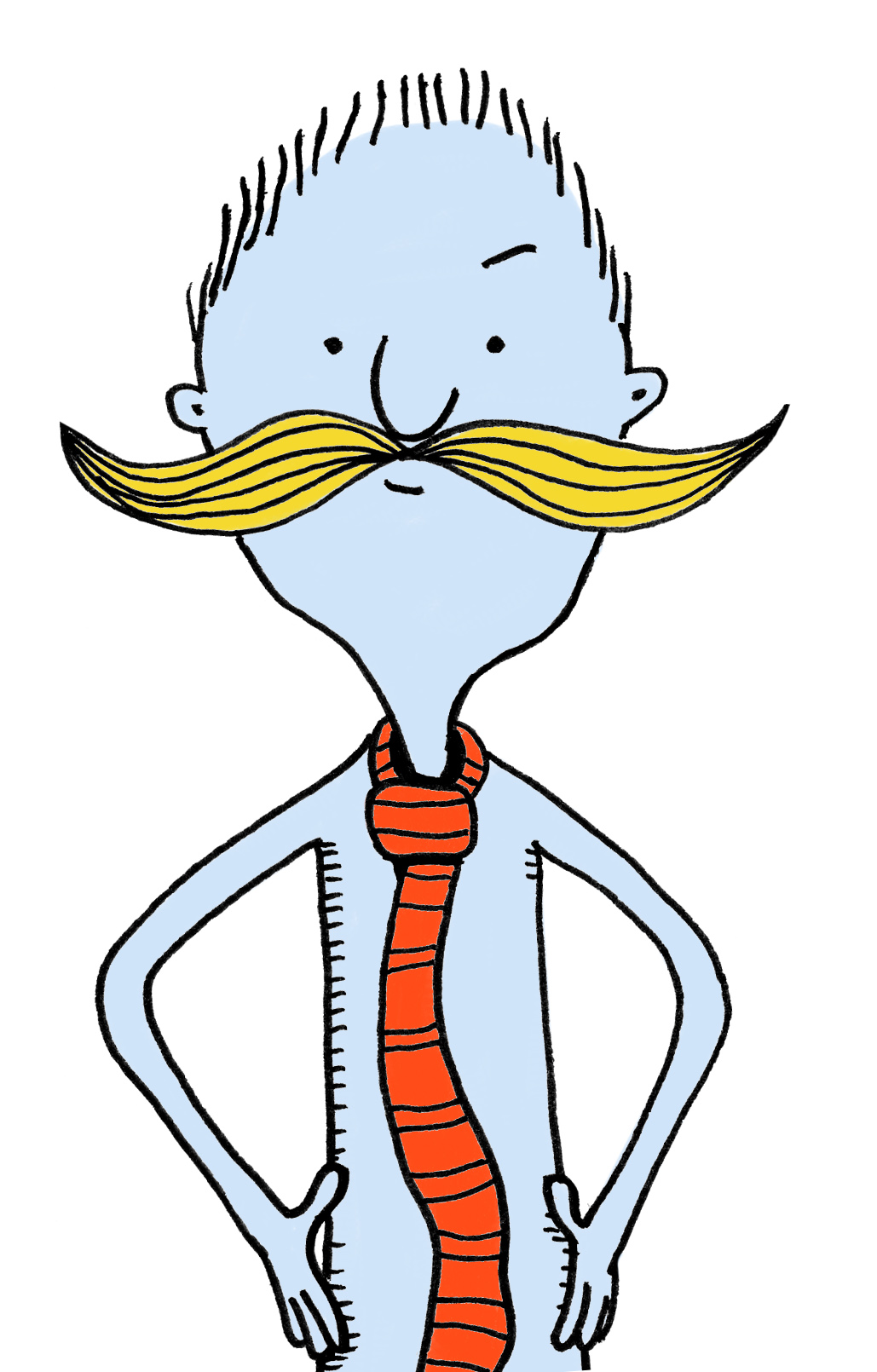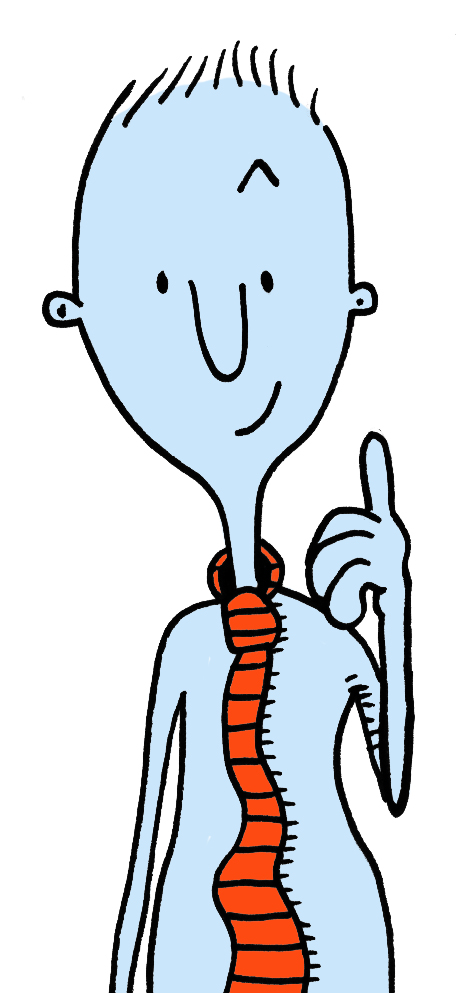Building the Plan

Regardless of where you’re at in your career -- a career plan will
help you achieve more and to do it quicker. It’s much easier
to hit a target if you know what that target is…
Why a written plan?
If you’re like most people (me included), I have other
roles/tasks/responsibilities that have real deadlines (expectations
from other people). And if I don’t make some commitments
to myself (e.g. deadlines) then it simply doesn’t get done.
Even if it does eventually get done -- it gets put off and then
often hurriedly performed. Your future is far too important
not to make and keep commitments to yourself.
Your plan can be general -- or it can be very detailed…whatever works
for you. But, generally each career plan will have the following
basic elements: An Objective and associated Tasks
For Example:
Objective
e.g. To Find a mid-level job in Machine Learning
Tasks
- Update Collateral Materials
- Search Job Boards / Make Application
- Research and Network within target companies
- Prepare for Behavioral and Technical Interviews
Each of these tasks should have targets/goals and deadlines. For instance,
you should have a date in mind when you plan on having your Resume,
Cover Letter and Coding Repositories, a goal as to the number of positions you will
apply to per week - the number of hours you will spend on your search and networking
each day. When will you prepare for the Technical Interviews - how? how much time will
you devote? etc.
The objectives will vary depending on your stage of career development, as will the associated
tasks. But regardless, a well-conceived, well-organized Career Plan will help steer you in the right direction and will help you make progress. The following is a partial list of tasks that might be included on your Career Plan:
- Prepare/Update Collateral Materials
Refer to the following pages:
- RESUME
- COVER LETTER
- CODING PORTFOLIO
- Conduct Job Searches (even if you’re not looking for a job - routinely assessing the job market)
- Interview (How to perform well on Behavioral and Technical Interviews)
- Networking (How to build and sustain your contacts)
- Negotiating (How to get what you want…or at least what you need)
- Career Development (Once you’ve landed the dream job)
Note that even if you’re not actively looking for a new position -
some of the tasks are on-going, such as: Market Assessments,
Career/ Skills Development, and Networking (w/ people).
Chances are, that if you’re a practicing Software Engineer, or
an aspiring one - you’ll find having a written Career Plan will help
in one or more aspects of your career development.




